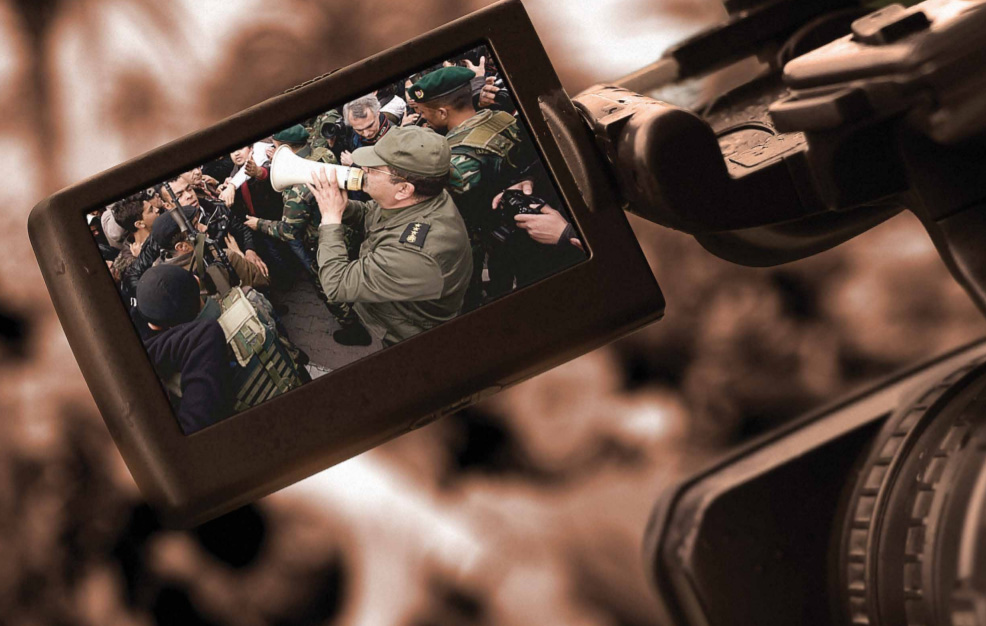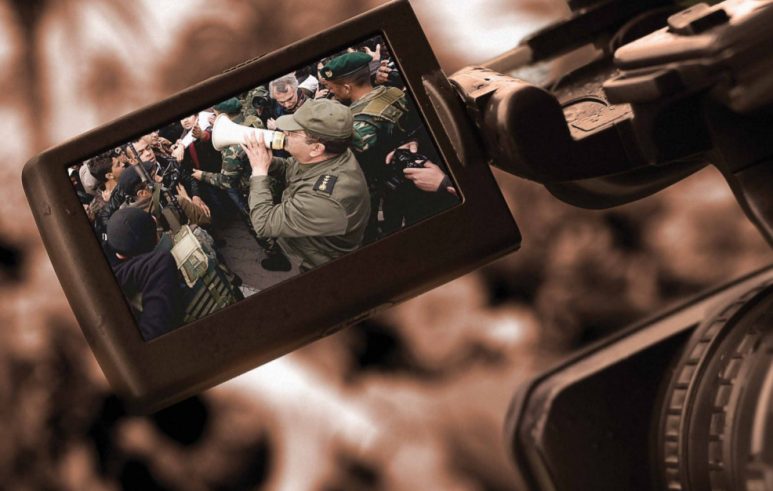Media Diversity Institute ‘s study “Media and Security in Tunisia” aims at bringing together agents in the fields of journalism, national security, government, and civil society to improve their cooperation and achieve more responsible media coverage of issues related to security in Tunisia.
The study stresses that the collaboration between journalism and the field of security is aggravated due to conflicting interests concerning the flow of information. While journalists are interested in revealing as much information to civil society as possible, security professionals are first and foremost concerned with national security and therefore withdraw any information that could threaten Tunisia’s security.
The MDI study developed recommendations for professionals in the fields of journalism and security, as well as civil society organizations and journalism schools to keep communication channels between the fields open and ensure productive collaboration. The study suggests that journalists should be trained on security issues to develop a greater understanding of responsible and safe reporting. Security professionals on the other hand need to receive training in journalism and in the collaboration with journalists. Security professionals should also develop an efficient communication strategy during national crises, as well as improve the media relations facilities of both the Home Office and the Foreign Office of Tunisia. This also includes the use of social media as a channel to provide information quickly.

 MDI Study “Media and Security in Tunisia”
MDI Study “Media and Security in Tunisia”
Nenad Radoja
Contrary to popular belief, Lorem Ipsum is not simply random text. It has roots in a piece of classical Latin literature from 45 BC, making it over 2000 years old. Richard McClintock, a Latin professor at Hampden-Sydney College in Virginia, looked up one of the more obscure Latin words, consectetur, from a Lorem Ipsum passage, and going through the cites of the word in classical literature, discovered the undoubtable source.
